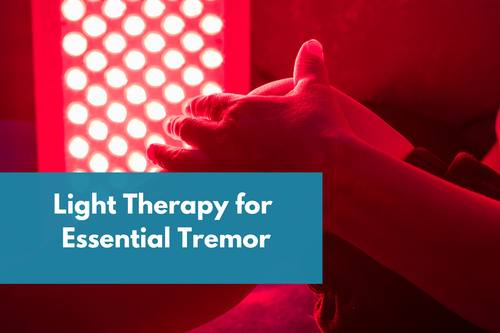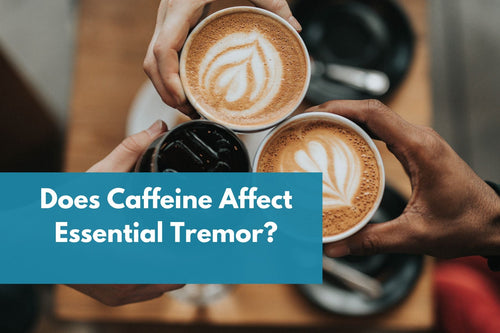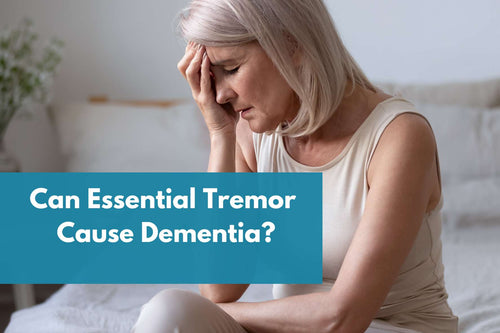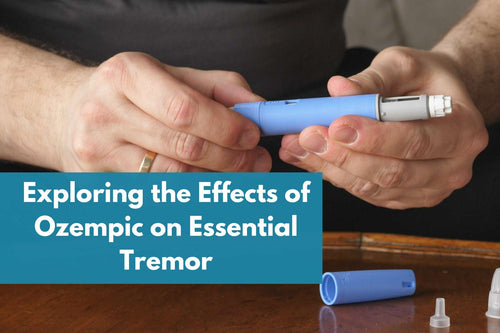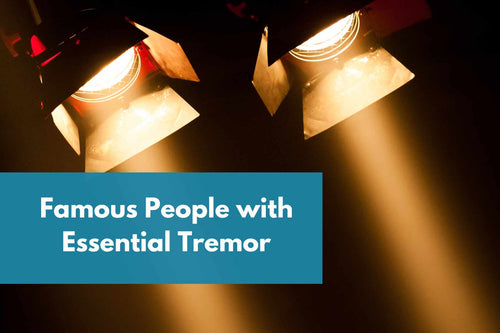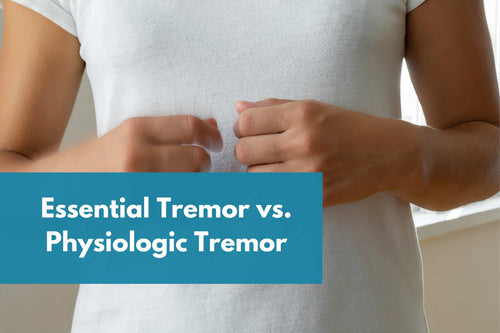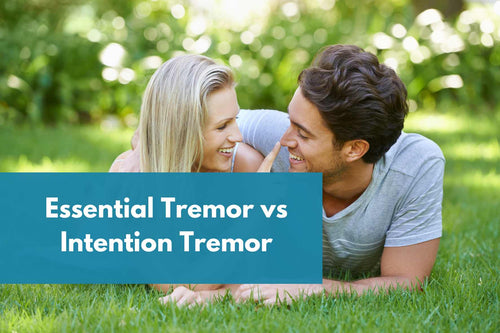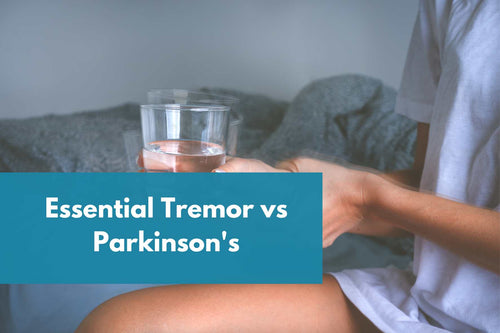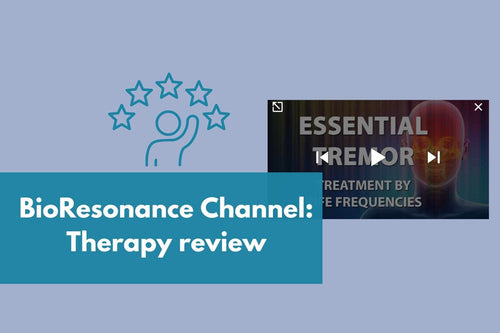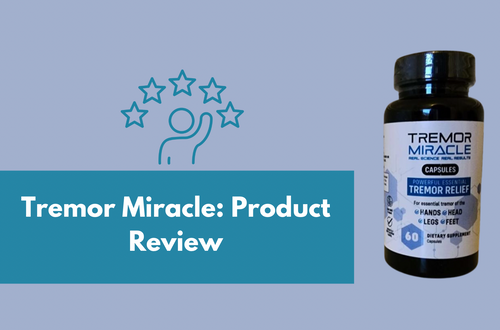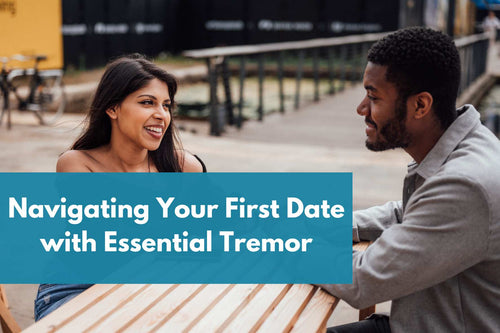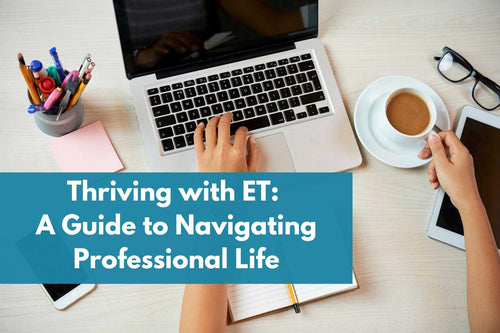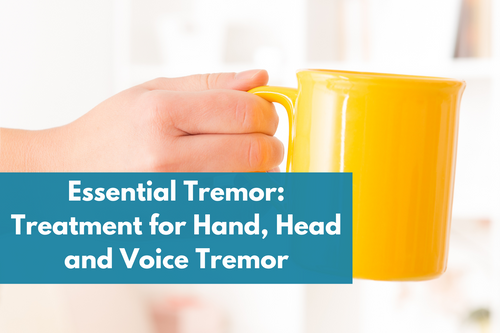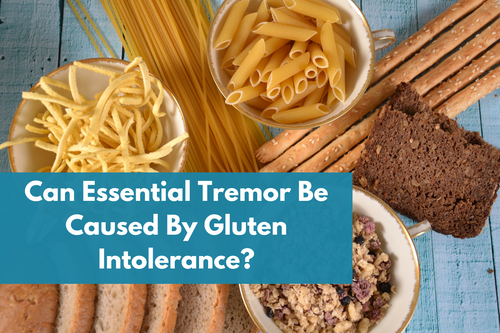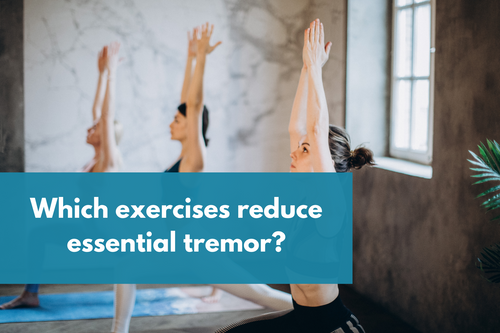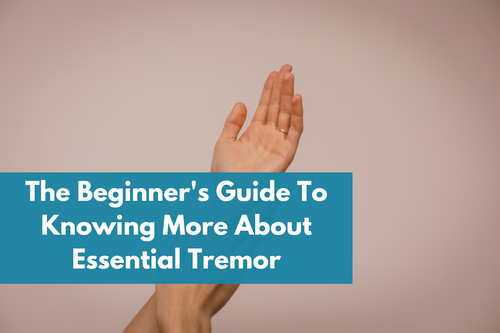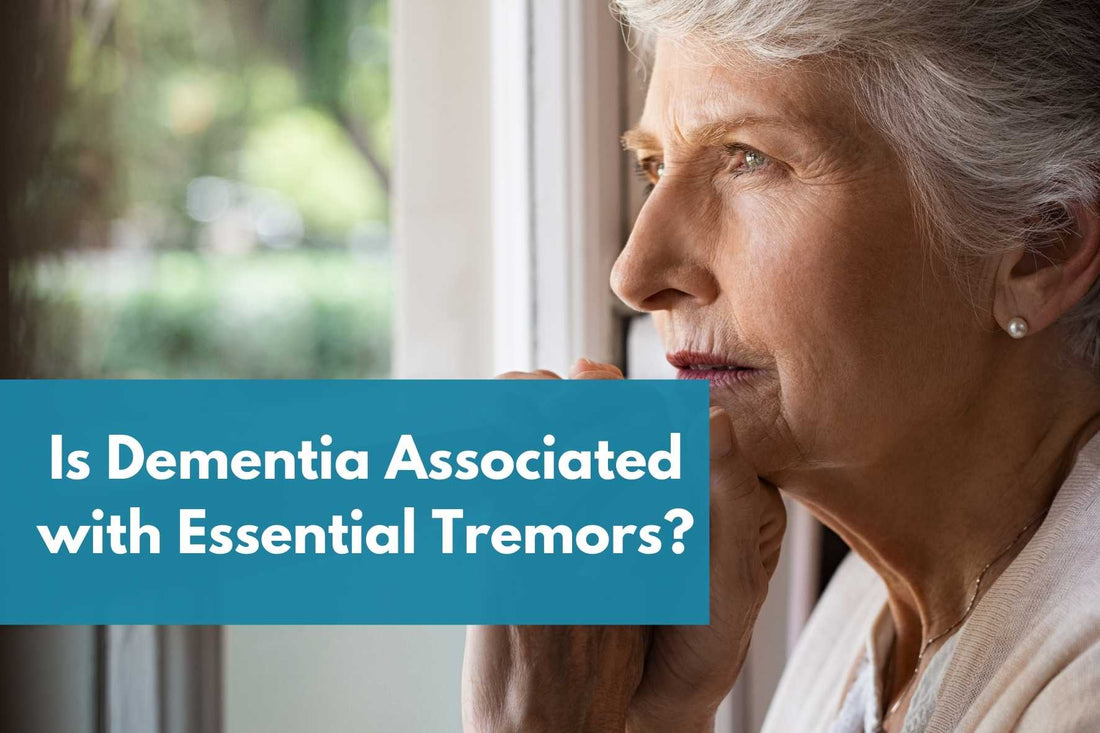
Is Dementia Associated with Essential Tremors?
Share
The intriguing connection between Essential Tremor (ET) and Dementia requires a good understanding of the underlying mechanisms and their effects on diagnosis and treatment. In this context, exploring their relationship becomes crucial for a complete comprehension of how the brain degenerates, and it might lead to better ways to help people in the future.
Insights into essential tremors and the cognitive challenges of dementia
Essential Tremor (ET) is a prevalent neurological disorder characterized by involuntary shaking, often affecting the hands. Recent investigations into ET's core principle have revealed the cerebellum's involvement and its neural pathways. Additionally, ongoing genetic studies have identified potential hereditary factors contributing to the development of essential tremor.
On the other hand, dementia encompasses a range of cognitive disorders, each presenting distinct challenges. Advances in research have deepened our understanding of the cognitive manifestations associated with different forms of dementia. For example, Alzheimer's disease often initiates early memory impairment, while vascular dementia may manifest as difficulties in planning and organization.
Spotting the differences: a closer look
Distinguishing between essential tremors and dementia requires a nuanced approach. Recent studies have indicated a potential correlation between essential tremors and an increased risk of specific types of dementia. Identifying unique biomarkers associated with each condition is an active area of exploration, aiming to enhance diagnostic precision and inform tailored interventions.
Addressing dementia: holistic approaches
In dementia interventions, looking at the whole picture is important. Activities like memory exercises and lifestyle changes can help people feel better. Better brain imaging helps find problems early, and researchers are testing new drugs that might help treat certain types of dementia. These efforts give hope for better treatments in the future.
Conclusion
While essential tremor and dementia are distinct neurological conditions, emerging research suggests a potential association between the two. Further research is needed to understand the intricate mechanisms linking essential tremor and potential cognitive decline. Clinicians should diligently monitor essential tremor patients, emphasizing early detection and comprehensive management. Ongoing research aims to enhance our understanding of these interconnected neurological phenomena, leading to more effective interventions and improved patient outcomes.

